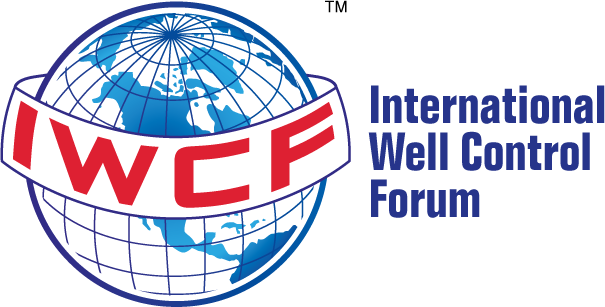IWCF invite our global membership including our network of training centres to apply for Well Control in Design and Lifecycle Management accreditation.
Following on from the latest revision to the International Association of Oil and Gas Producers (IOGP) Report 476 (April 2023), we are pleased to release an updated guidance document for this programme. The updated guidance document focuses on:
- A more flexible approach for course delivery
- Updated course structure and content
- Clarifications on simulator requirements
- Case study project as a requirement
- Instructor accreditation requirements
- Pre-requisites for candidates.
IWCF will not be issuing a detailed syllabus for this level of training, and instead are encouraging industry stakeholders to collaborate to develop and deliver detailed course content suitable and relevant to well engineers which as a minimum meets the requirements of IOGP 476 April 2023 revision.
Current levels of well control training do not cover the possible outcomes of decisions made during the crucial well design, planning, operating and maintenance phases. IWCF’s Well Control in Design and Lifecycle Management programme aims to fill this gap by focusing on these areas.
Aligned with our overarching goal to ensure no risk to life, assets or the natural environment, this innovative programme aims to enhance safety and reduce the number of well control incidents.
Click here to download the programme guidance document (V2 – September 2023). For further guidance or to request the application forms please contact accreditation@iwcf.org



